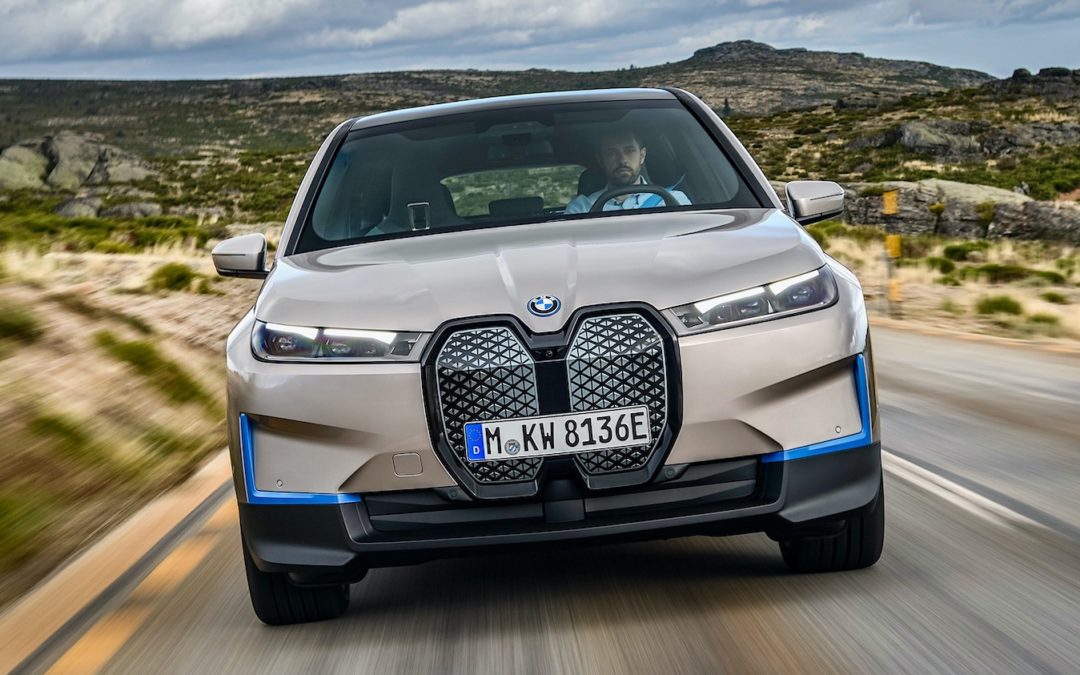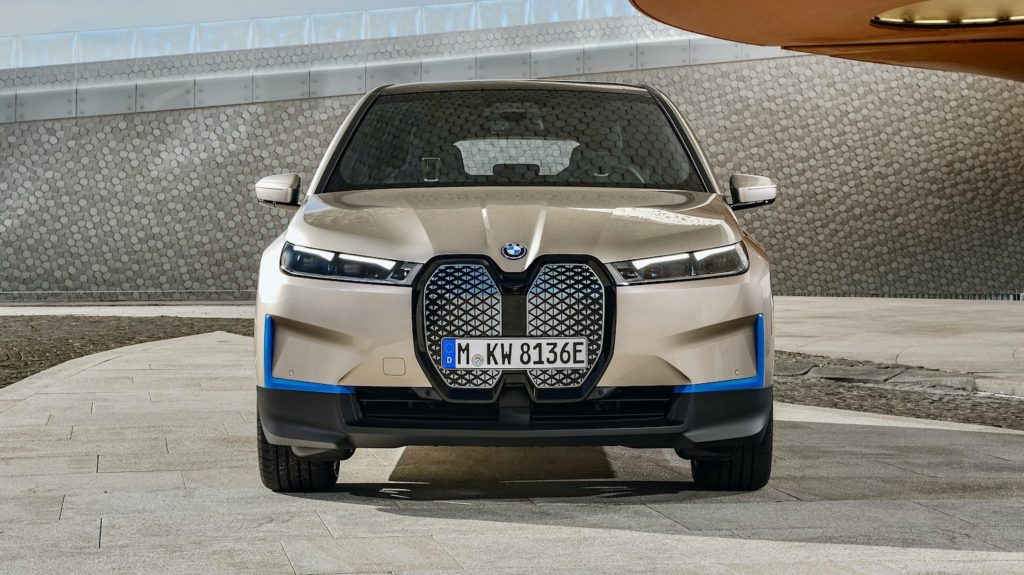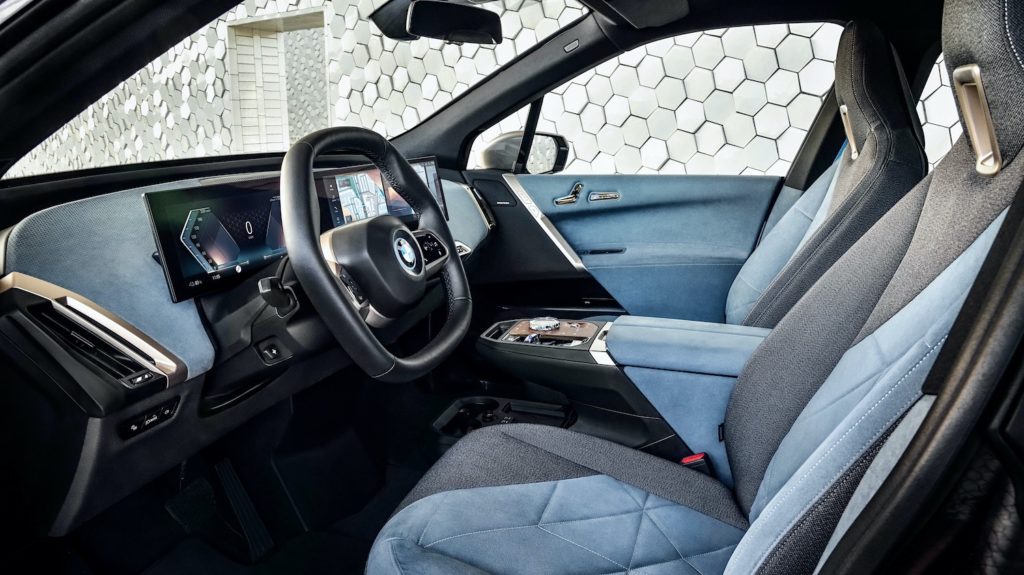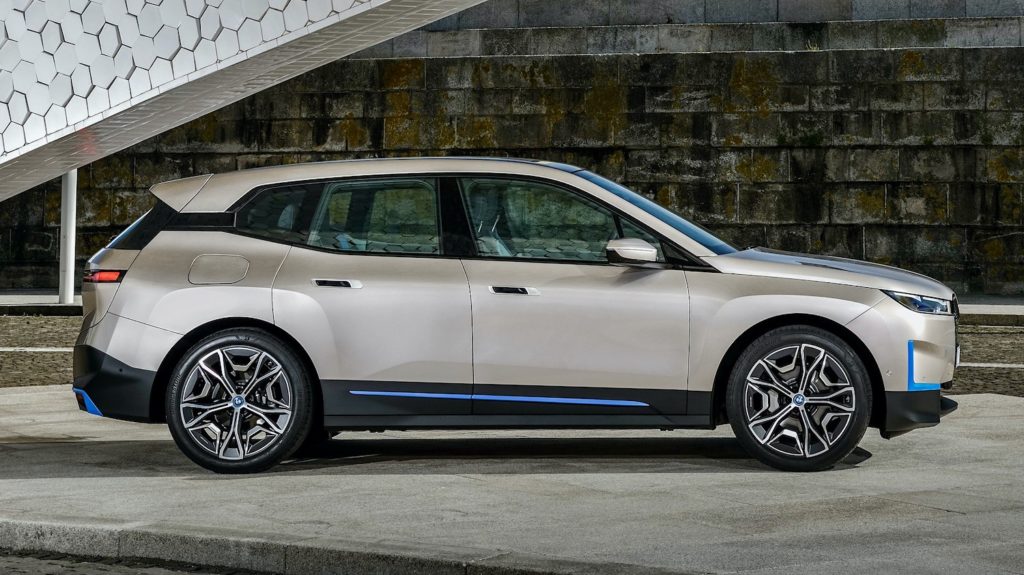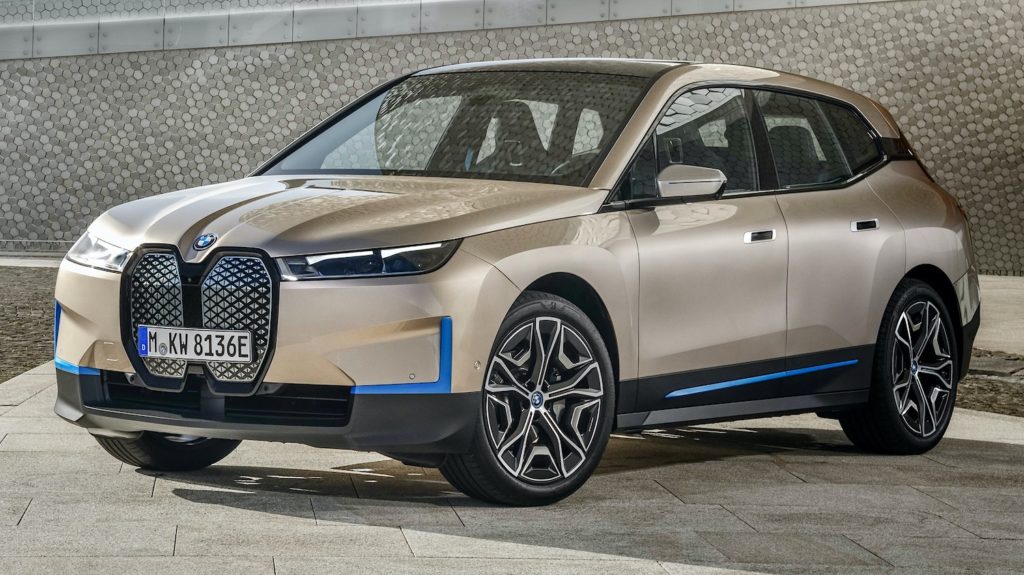The big surprise about BMW’s press announcement last month was not its new iX, but that a battery-powered SUV had taken so long to emerge from Munich. It is easy to forget, but with the i3 launched in 2013, BMW was one of the first major manufacturers to produce an electric car. Indeed, the only other significant electric presence came from Nissan with the Leaf and Renault’s Zoé. Eight years ago, launching an electric appeared a brave if prescient move when other manufacturers were so strongly committed to internal combustion that at least one of them was systematically bending NOx emissions rules.
Times and tastes change, but what has really provoked the shift to electric traction is not Volkswagen’s tribulations, but rapidly advancing corporate CO2 norms: these mean that manufacturers have to have an increasing percentage of electric vehicles as these have no measurable tailpipe emissions. The lifecycle CO2 contribution of an electric car from manufacture to dismantling is conveniently not taken into account as nobody knows how to calculate it.
Better late than never though, and to BMW’s credit, the iX is creditably close to the ‘Vision iNext’ concept shown in 2018 the only significant difference being the iX’s enormous (false) grille which, to judge from other recent BMWs has become a corporate design statement. BMW argues that thanks to its long experience in battery technology not only will the iX’s power reservoirs use no rare earths (whose extraction causes vast and under-reported pollution) but also offer a class-leading range of 370 miles.
And Munich has long pioneered electronic control systems so when it goes on to the market in late 2021, the iX is likely to be among the most sophisticated in its class. It will need such advantages: competitors such as the Mercedes Benz EQC and Audi’s e-Tron will have a three-year head start, not to mention Tesla: a mere upstart in 2013 with a stock market valuation a tenth of BMW’s, Tesla is now worth nine times that of Munich, a fact not lost on the BMW board when in August 2019 it replaced managing director Harald Kruger with Oliver Zipse.
Frank Weber, BMW’s R&D director denies any tardiness in launching the iX. He portrays a company which has been evolving steadily in this direction: it already has 18 plug-in hybrid models which will represent 25% of its sales in 2021 and 50% in 2030; an electric SUV under the Mini brand is also due in 2021.
BMW is a canny operator. It makes few strategic mistakes, churning out cars at the rate of a Ford, a Toyota or a General Motors yet brilliantly conserves its cachet of being slightly above the herd. Few would bet against the iX being an equal success.
As a youngster he used to send race reports on Mallory Park meetings to the Derby Evening Telegraph which unaccountably always failed to print them. For thirty years he produced reports and analysis for other people before turning to motoring journalism and writing about matters rather closer to heart. An old 911, acquired when they were still affordable opened the world of Porsche and today he writes on historical subjects for several Porsche magazines in Europe and the US. He is also the UK correspondent for the classic car weekly, La Vie de l'Auto and keeps a foot in the modern world with a column in Trucking, a transport magazine, and as motoring correspondent for the Irish Police Journal.
